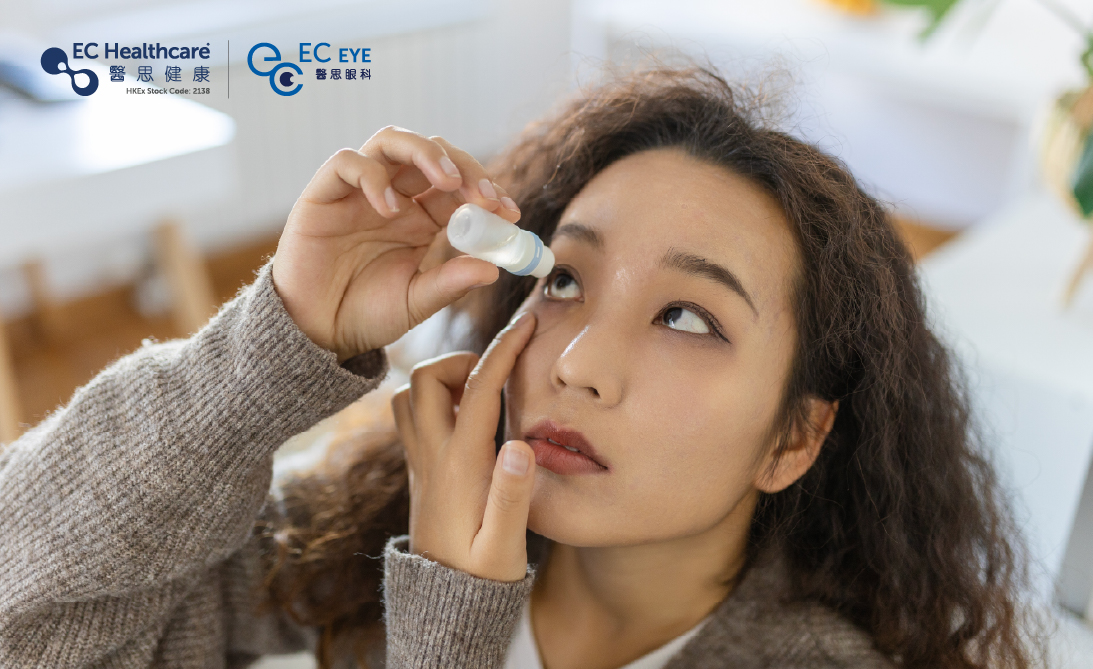Can Eye Drops be Used Daily? Are Stronger Cooling Sensations the Key to Relieving Eye Fatigue?


In our modern world where screens are ubiquitous, it is common to reach for eye drops when experiencing dryness, redness, or itchiness. The invigorating coolness brings instant comfort, and some even crave that extra refreshing kick. However, have you ever considered the ingredients in these eye drops? Is it safe to use them daily?
Eye Drop Ingredients and Their Effects:
Common eye drops typically contain the following ingredients:
Menthol:
The cooling sensation in eye drops is often attributed to menthol. Many people rely on the refreshing feeling of menthol to mask eye fatigue. The stimulation from menthol can promote tear production, making the eyes feel more lubricated. However, this ingredient does not directly relax the eye muscles, and once the cooling effect subsides, the feeling of fatigue may resurface.
Antihistamines:
Some individuals experience allergic reactions, such as itchy eyes, during weather changes. Antihistamines can help combat these allergies. However, caution must be exercised when using antihistamines excessively or inappropriately, as they may reduce tear production and worsen dry eye syndrome.
Vasoconstrictors:
Common ingredients like tetrahydrozoline and naphazoline are vasoconstrictors. Their purpose is to constrict blood vessels and reduce the appearance of bloodshot eyes. However, if used indiscriminately, they can lead to rebound redness.
Nutritional Components:
Vitamins A, B, E, and other nutrients are often added to eye drops to maintain eye health and combat fatigue. While these nutrients are beneficial for eye health, using eye drops is not the only way to obtain them.
Anti-inflammatory Agents:
Common ingredients such as dipotassium glycyrrhizinate and ε-Aminocaproic Acid are suitable for alleviating discomfort caused by eye inflammation. However, if the condition does not improve after using eye drops, it is advisable to consult an ophthalmologist for further evaluation.
Eye Drops: A Medication to Be Used with Caution
Eye drops are liquid medications that contain active ingredients. Using cooling eye drops excessively and for prolonged periods can be equivalent to subjecting the eyes to constant stimulation. This can potentially destabilize the ocular surface, leading to abnormal tear production and unstable conjunctiva. It is advisable to avoid frequent and excessive use of cooling eye drops.
Can eye drops be used daily? It depends on the ingredients. If the eye drops are of the lubricating type, they can be used daily. However, if the eye drops contain medication, such as those specifically designed to alleviate redness, long-term use may lead to dependency. If you need to use them daily, it is advisable to consult an ophthalmologist or optometrist for guidance.
Seek medical attention promptly if you have been using medicated eye drops for more than three days without improvement in symptoms. Early detection and treatment of eye conditions are crucial, so it is important to consult a healthcare professional for evaluation.
Related Brands









